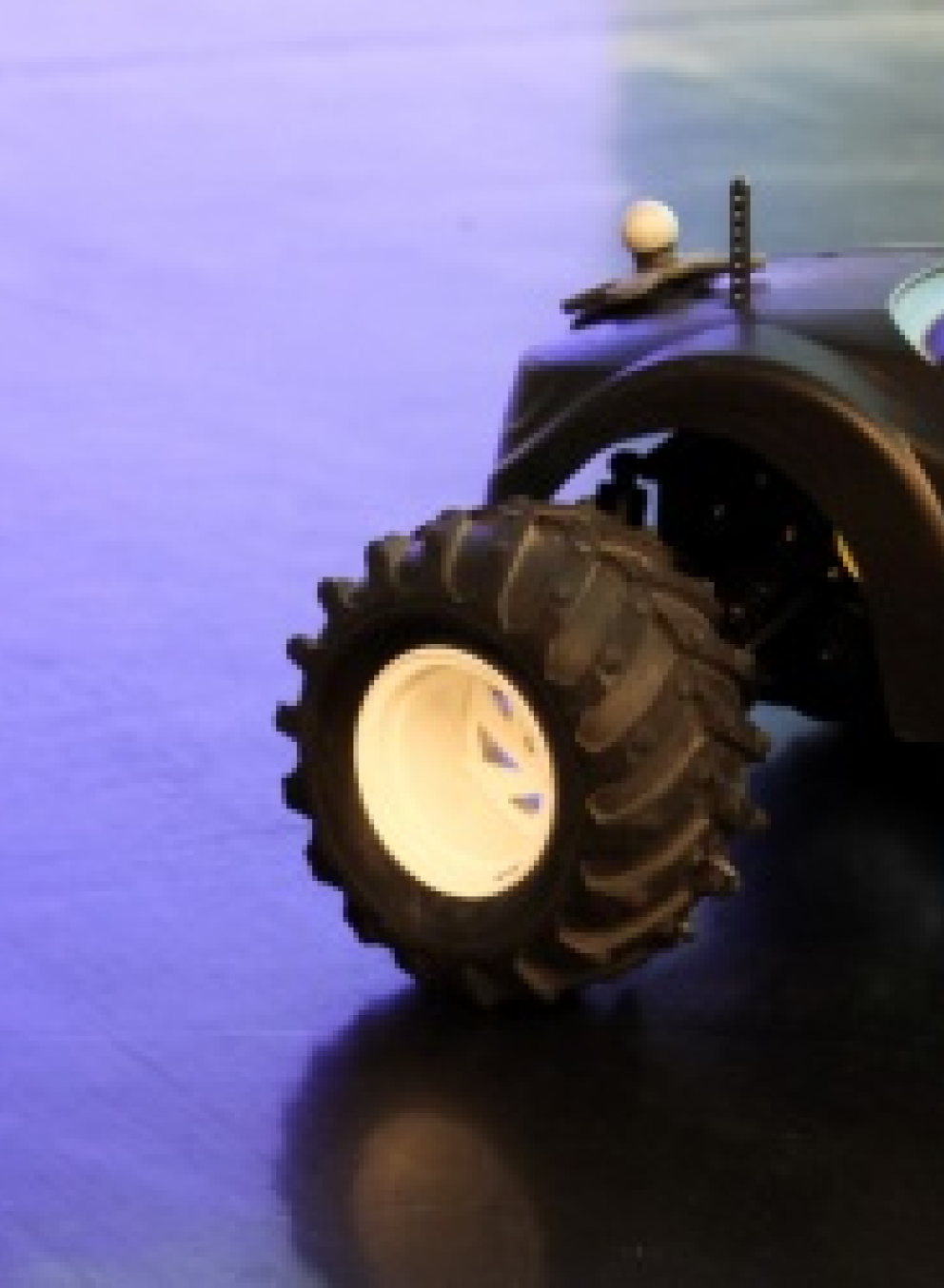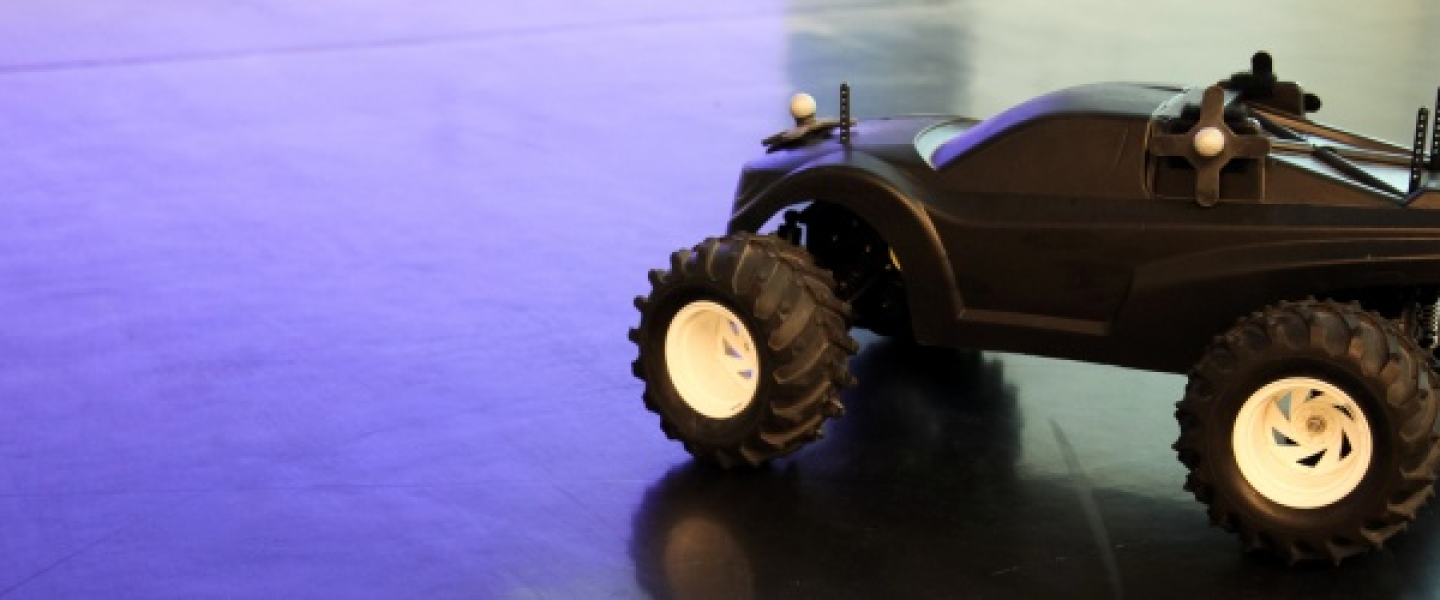Program Overview
The UCSC robotics engineering program prepares graduates for rewarding careers at the interfaces between electrical, computer, and mechanical engineering. UCSC robotics engineering graduates will have a thorough grounding in the principles and practices of robotics and control, and the scientific and mathematical principles upon which they are built; they will be prepared for further education (both formal and informal) and for productive employment in industry.
The program objectives of the UCSC B.S. in robotics engineering are:
- Graduates who choose to pursue a career in industry, government, or academia will become successful engineers, scientists, or educators who demonstrate strong leadership, technical, and team skills, and a commitment to continuing professional development.
- Graduates who choose to pursue advanced degrees will gain admission to graduate programs and will be successful graduate students.

- Electrical and Computer Engineering
- Major
- Engineering & Technology
Career Outcomes
- Assistive technologies
- Control system design
- Embedded system design
- Remote sensing
- Robotics and autonomous systems
- Signal/image/video processing
These are only samples of the field’s many possibilities.
Many students find internships and fieldwork to be a valuable part of their academic experience. They work closely with faculty and career advisers in the UC Santa Cruz Career Center to identify existing opportunities and often to create their own internships with local companies or in nearby Silicon Valley. For more information about internships, visit intern.ucsc.edu.
The Wall Street Journal recently ranked UCSC as the number two public university in the nation for high-paying jobs in engineering.
Program Contact
apartment Baskin School of Engineering Building
email soeadmissions@soe.ucsc.edu
phone (831) 459-5840


